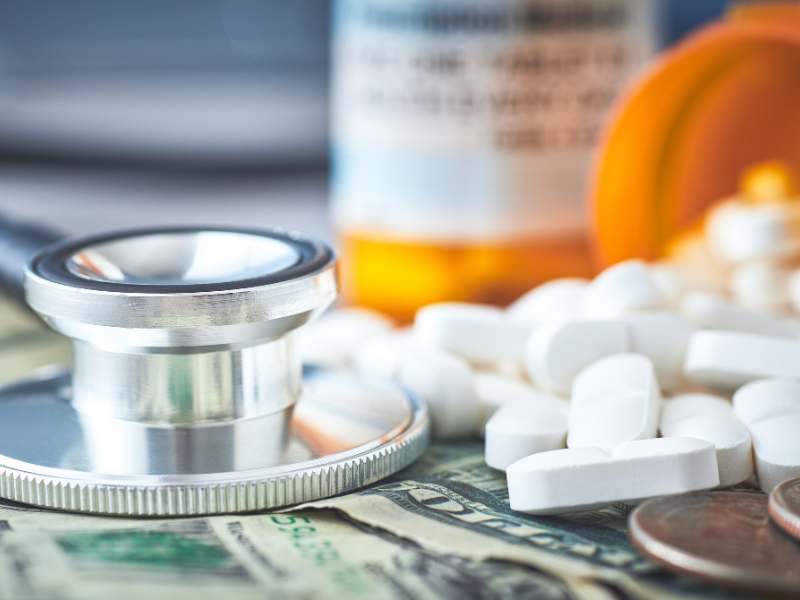Trump drug prices are in the spotlight again as the former president claimed over the weekend that U.S. drug costs could drop by “1,200, 1,300, 1,400, 1,500%” in the coming months. While experts say such figures are mathematically impossible, the announcement signals serious political pressure on pharmaceutical companies to adopt the so-called “Most Favored Nation” pricing, aligning U.S. drug costs with those paid in Europe and other peer countries.
Trump’s main initiative focuses on ensuring that U.S. patients pay the same price for medications as countries in Europe and other peer nations, under the so-called “Most Favored Nation” pricing model. Historically, Americans paid nearly three times as much for medications as those in comparable countries in 2022.
During his first term, Trump attempted to implement this policy through Medicare for 50 doctor-administered drugs, but the initiative was blocked in court and later rescinded by the Biden administration. Now, he is urging drug manufacturers to voluntarily extend “Most Favored Nation” pricing across all drugs or face federal action.
In May, Trump signed an executive order stating: “Big Pharma will either abide by this principle voluntarily or we will use the power of the federal government to ensure that we are paying the same price as other countries to accelerate these price restrictions and reductions.”
Trump has sent letters to 17 major pharmaceutical CEOs demanding that Medicaid, Medicare, and commercial insurers adopt such pricing for new drugs within 60 days. “Moving forward, the only thing I will accept from drug manufacturers is a commitment that provides American families immediate relief from vastly inflated drug prices,” he wrote.
Experts Weigh In
Economists note that the federal government has limited unilateral power to affect drug prices across the U.S. market. Benedic Ippolito, senior fellow at the American Enterprise Institute, stated, “Congress has tons of power, but the administration, if acting by itself, has only so much influence.”
Nonetheless, policy analysts warn that Trump’s track record of disruptive policymaking could make the pharmaceutical sector take these threats seriously. Milena Sullivan, policy director at Avalere Health, said, “Even if the math doesn’t make sense, the political message is serious.”
Other Initiatives
Trump is also pursuing tariffs and incentives to encourage domestic drug manufacturing, a move expected to spur billions in investments but unlikely to immediately reduce consumer prices. Additionally, he supports reforming pharmacy benefit managers (PBMs) and reducing Medicare reimbursements for certain hospital-administered drugs to lower patient costs.
Experts note that meaningful reductions in drug prices will require coordinated efforts across the complex U.S. health system, involving manufacturers, insurers, PBMs, and government programs. Sullivan emphasized, “Any viable solution has to tackle holistically how drugs are priced and delivered. It’s not just the manufacturers feeling the pressure.”

